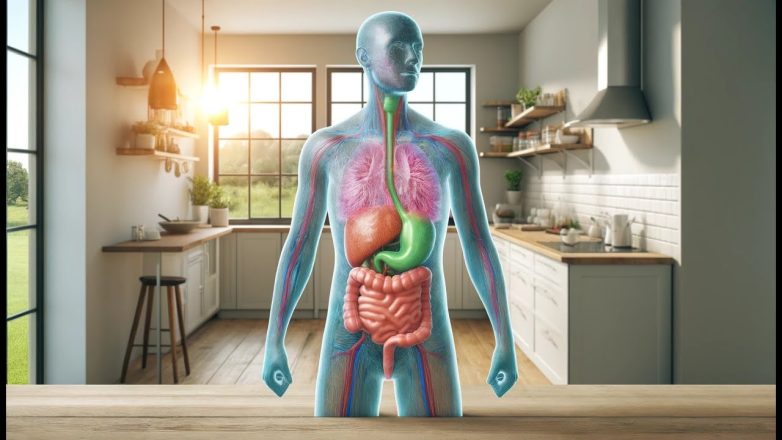

The digestive system is a complex network of organs that work together to break down food into nutrients that the body can absorb and use for energy. Key functions include ingestion, digestion, absorption, and elimination. Each organ plays a specific role in this process, ensuring proper nutrient intake and waste removal.
The digestive system is a complex network of organs and tissues that work together to break down food and absorb nutrients for the body. Understanding how the digestive system works is essential for maintaining good health and preventing digestive disorders.
The key functions of the digestive system include ingestion, digestion, absorption, and elimination. Ingestion is the process of taking in food through the mouth, where it is chewed and mixed with saliva. The food then travels down the esophagus to the stomach, where it is further broken down by stomach acids and enzymes in a process called digestion.
Once the food is broken down into smaller particles, it moves into the small intestine where nutrients are absorbed into the bloodstream. The small intestine is lined with tiny finger-like projections called villi, which increase the surface area for nutrient absorption. The remaining waste is then passed into the large intestine, where water is absorbed and the waste is formed into feces for elimination.
Maintaining a healthy digestive system is crucial for overall health. Eating a balanced diet, staying hydrated, and getting regular exercise can help keep the digestive system functioning properly. If you experience persistent digestive issues, it’s important to consult with a healthcare provider for proper diagnosis and treatment.



